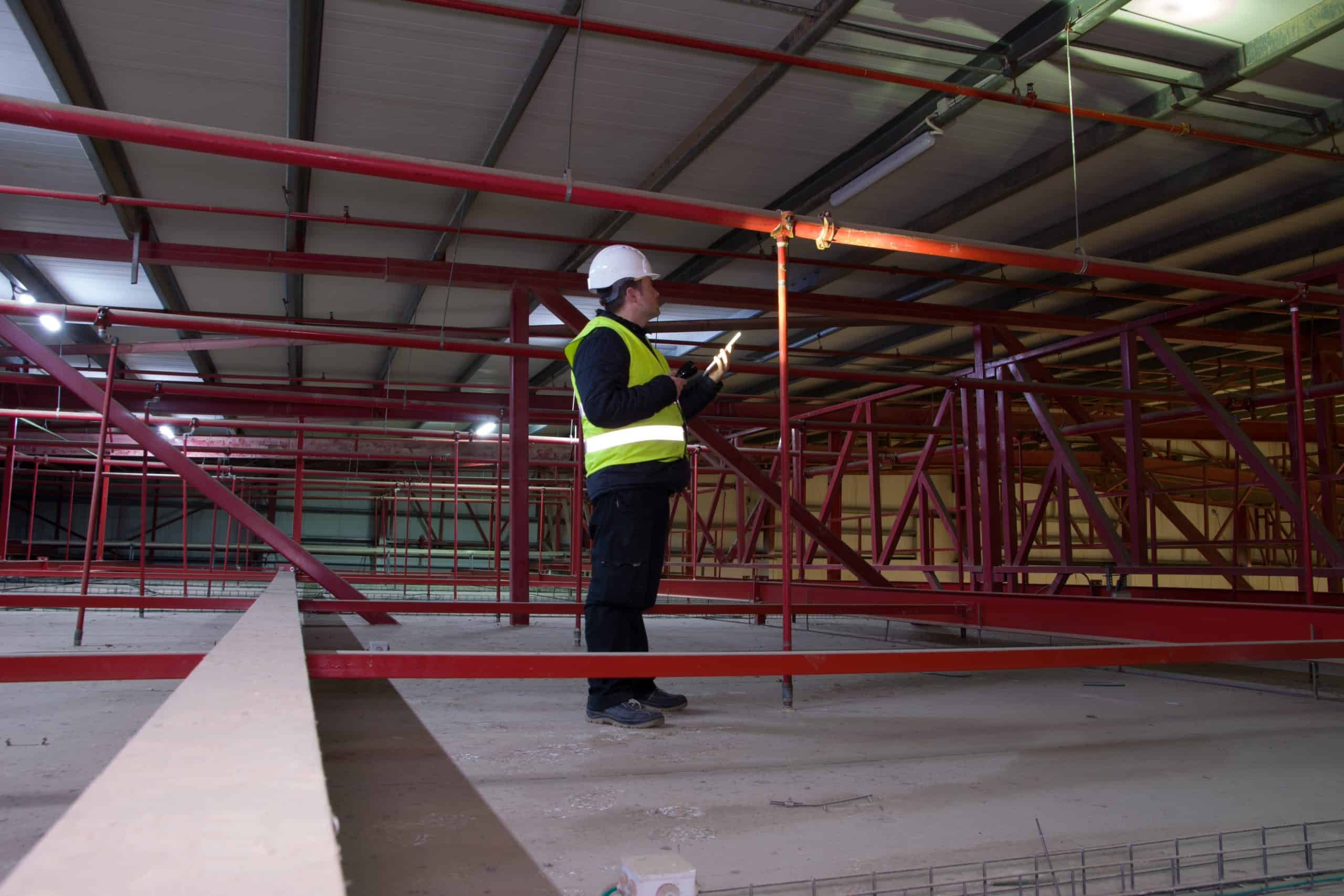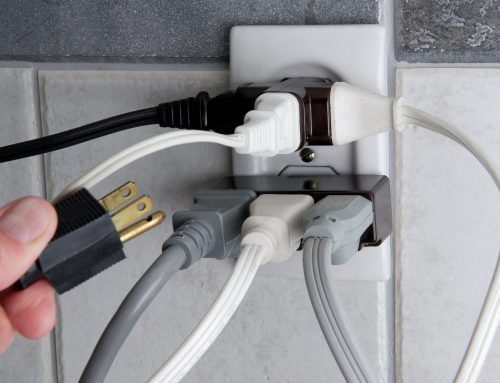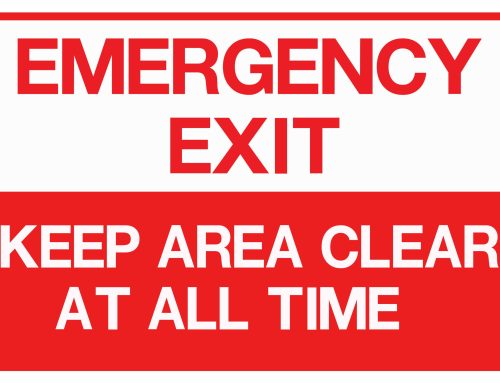Fire marshal inspections of your building may occur on an annual basis, depending on your location and business type. Familiarizing yourself with local fire codes can be helpful in preparing for a visit from the fire marshal. The goal of fire marshal inspections is to ensure your building is up to current fire codes and ordinances.
What does a fire marshal do?
A fire marshal is appointed by the fire chief of a local municipality. They have several duties.
A fire marshal’s responsibilities range from educating the public on important fire safety topics to enforcing local fire codes within the community. A fire marshal also conducts fire inspections and investigates accidents or occurrences where a fire breaks out and/or fire code violation may have occurred.
Within the office of the fire marshal are individuals who work to process building permits, review construction plans, and maintain and schedule building inspections. The primary task of the Fire Marshal’s Office, or FMO, is to enforce the rules and regulations set by the state fire safety standards. In Georgia, these rules and regulations can be found under Chapter 120-3-3 “Rules and Regulations of the Safety Fire Commissioner.” It’s important to also note that some NFPA standards (the national set of fire codes and standards) and IFC standards (international set of fire codes and standards) are adopted under the rules for fire safety code and enforcement in the state of Georgia.
How often does the fire marshal conduct inspections?
Most small businesses can expect a visit from their local fire marshal’s office at least annually. Exceptions may be new construction, renovated or repurposed buildings, or type of business. Some industries like hospitality, entertainment, or healthcare may receive more frequent inspections.
What is the fire marshal looking for during an inspection?
The purpose of a fire marshal inspection to ensure that your building is equipped for a fire emergency. This means all emergency and fire protection safety measures in place are fully operational. A few things a fire marshal may inspect include your building’s fire sprinkler system, electrical outlets, storage of hazardous materials, number of portable fire extinguishers, and the clearance of the entrance and exit to your building. Blocked exits, overloaded electrical outlets, insufficient extinguishers for the size of your building, or missing emergency signage would be a few examples of red flags during a fire marshal inspection.
Where can I find the fire marshal inspection checklist for my area?
The public can access local code enforcement standards via their city or county fire code ordinances, which should be an open document accessible online or by request from the fire marshal’s office. Some fire marshals post inspection checklists to their office’s website. You may also contact your local fire marshal office to request specific information on inspection criteria. Understanding what is required prior to inspection can be very helpful to ensure compliance to local fire codes and standards.
Common fire code violations
While violations will vary by building type, location, and more, there are some in the state of Georgia to watch out for.
These include:
- Using an extension cord as permanent wiring vs temporary usage
- Blocked sprinkler heads/nozzles
- Outdated or damaged portable fire extinguishers
- Blocked exits
- Exposed electrical wiring
- Address number not properly displayed
Another common violation that many business owners may be unaware of is issues with private hydrants, like a blocked hydrant. The fire hydrant in front of your business must be always free from obstruction. If you live in the Atlanta area, the Cobb County Fire Marshal’s Office provides a and .
Tips for preparing for a fire marshal inspection
Need some help preparing for a visit from your local fire marshal? Depending on your building and company, consider these helpful tips to help you prepare before the inspection.
- Identify any known fire hazards and take action to correct these hazards (using an inspection checklist from your local fire marshal is helpful)
- i.e. blocked exits, inappropriate storage, blocked fire sprinkler nozzles, out dated fire extinguishers, exposed wiring, etc.
- Gather all previous inspection reports (i.e. fire sprinkler system, fire alarm, previous fire marshal inspection reports, etc.)
- Schedule inspection of your fire protection systems and electrical system if you’ve missed inspections
- Make repairs of fire protection systems/electrical issues as needed
What should I do if I have a fire code violation?
The fire marshal’s office should contact you soon after your inspection to review findings and request any necessary changes. You as the building owner typically have 30 days to make required changes, depending on the fire code violation. Once changes are made, you must schedule a reinspection with the fire marshal’s office. You will likely be expected to pay reinspection fees as well.
If you don’t already work with a fire protection company, now is the time to secure a trusted company to help you make necessary changes and maintain compliance moving forward. If you’re in the Atlanta area, Fire Systems, Inc. can be your partner in all things fire protection. Fire Systems has been working with local businesses for over three decades. From fire alarm to sprinkler, vehicle systems to kitchen hoods, Fire Systems can provide expertise on all aspects of your building’s fire protection system. Give us a call today at 770-333-7979 or visit our website to find out more.
Sources:
https://www.telgian.com/preparing-fire-inspection/
https://fmam.org/about-fmam/what-is-a-fire-marshal/
https://library.municode.com/ga/cobb_county/codes/code_of_ordinances?nodeId=PTIOFCOCOCOGE_CH54FIPRPR






